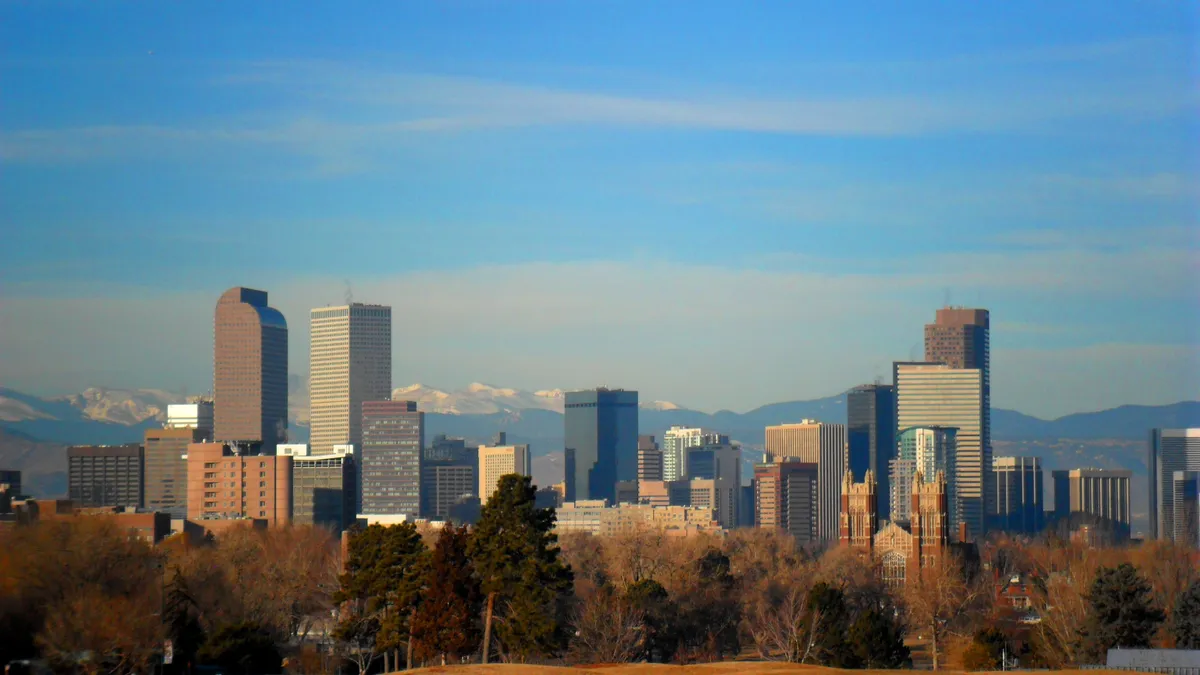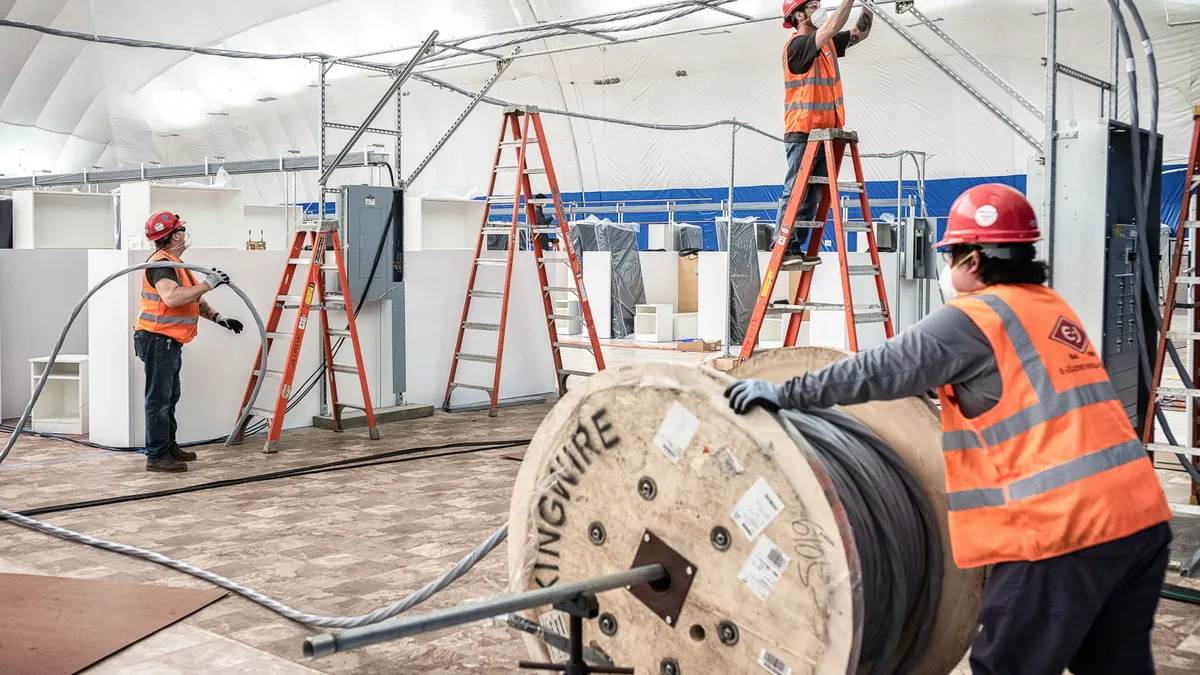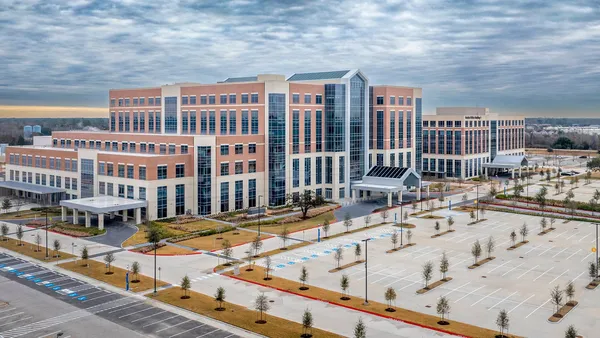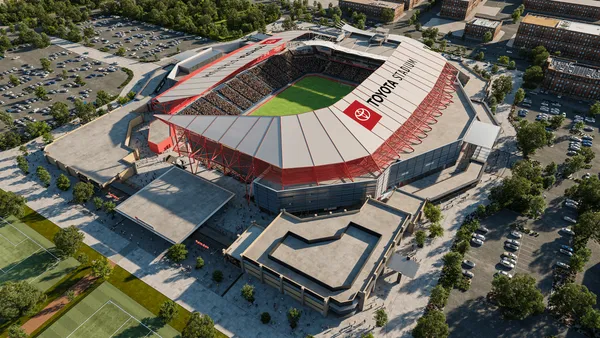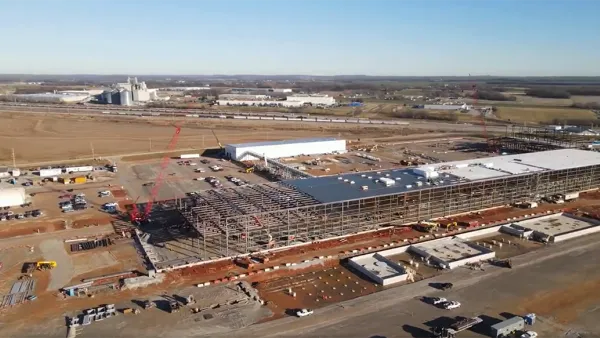Dive Brief:
- A Miami developer has proposed two condominium towers, with a total price tag of $500 million, for downtown Denver, according to KDVR Fox 31.
- Renzo Renzi said he will build the Paradise Living development, featuring two 40-story condo high-rises with a total of 800 units, on the current site of a parking lot. Renzi's 1-million-square-foot development will also include 30,000 square feet of retail, three levels of parking and rooftop patios, according to the Denver Channel.
- A state construction defects law has hindered condo development in the city, which has limited supply. Experts said that Renzi's project would not only meet buyer demand but could also encourage more condo developers to enter the Denver market.
Dive Insight:
The Denver construction industry is booming. A May 2016 Downtown Denver Partnership found $2.47 billion worth of construction projects either being planned or underway in the city, but noted that there is a lack of affordable housing. Last month, the S&P CoreLogic Case–Shiller U.S. National Home Price Index found that Denver had one of the largest annualized price increases in the country at 9.2%
Adding to buyer frustration is the plunge in condominium development, eliminating supply in a market that often provides a less expensive entry into homeownership for first-time buyers and those with lower income.
Real estate professionals have chalked up some of that trend to the state's construction defects law. The law allows homeowners and condo boards to bring legal action against builders without having to go through arbitration first. In fact, condo boards can sue builders without getting authorization for homeowners.
The regulation also requires that builders cover a laundry list of defects, which has caused insurance companies to raise premiums for the necessary coverage. All of this extra cost has reportedly added $15,000 to the construction of each unit, which comes in the wake of a 53% decline in condo development in the city over the last several years. However, proponents of the law say that it protects condo owners from shoddy construction work, and, without it, some builders would never follow through on repairs.


